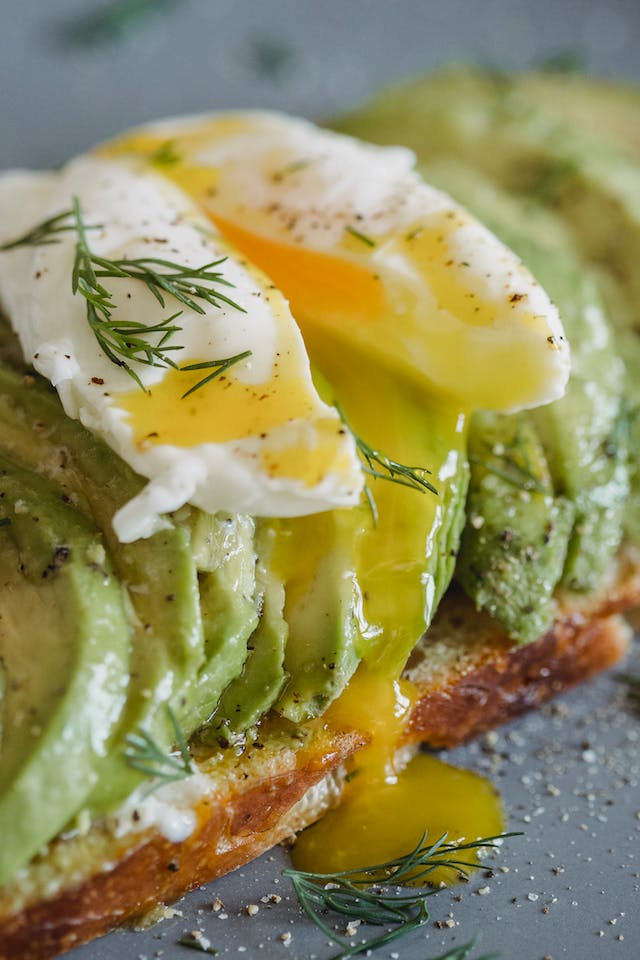Whether you’re ready to go full vegan or want to take gradual steps, it’s important to learn as much as you can to be well informed. Vegan lifestyle changes may seem overwhelming at first, but luckily with today’s resources, the transition is made much easier. From clothing to food and personal hygiene and beauty products, there are many vegan alternatives available today, you just need to know what to look out for. So, on that note, to help you succeed on your journey to a healthier, cruelty-free life, here are few things to consider when hoping to avoid using animal products.
Animal Foods and Additives Derived from Animals
When transitioning to a more conscious lifestyle, the first thing people expect to change is their diet. However, the obvious animal foods such as meat, poultry, seafood, fish, dairy, eggs, and bee products such as honey are not the only foods to be mindful of. Many other foods and beverages contain animal products or additives derived from animals. These include Caesar dressing, bread products, some beer and wine, some sweets, and the batter is deep-fried food, even in some
French fries. You also want to take care when choosing some non-dairy creamers as they may contain a protein derived from milk called casein. Potato chips, refined sugar, and some dark chocolate are flavored with non-vegan ingredients, so make sure you study the nutritional information on labels. You’ll also want to be mindful of products that contain anchovies like some Worcestershire sauce varieties and produce that’s coated with wax.
The main ingredients to avoid when studying nutritional labels are as follows:
- Omega-3 fatty acids that aren’t derived from vegan alternatives instead of fish.
- Some animal-based natural food flavoring such as castoreum.
- Vitamin D3 is derived from fish.
- Gelatin comes from cows and pigs.
- Carmine is made from cochineal insects to be used as a food dye.
- Shellac is used to glaze candies and sweets.
- Diary ingredients such as whey, lactose, and casein.
Non-Vegan Materials in Clothing
Luckily, the days of fur and leather are slowly falling behind us since many animal activists have shed light on the unethical treatment of animals. Choosing a vegan lifestyle means being mindful of all animal products found in what we use today, not merely what we eat. This is where many new vegans struggle to find boots and shoes that aren’t leather, sweaters that aren’t made of wool, and other clothing that doesn’t contain animal products such as silk, suede, or fur. The good news is that there are many alternatives to choose from when it comes to clothing. Understanding which materials to look for can help you find the best vegan footwear and apparel. Fabrics such as cotton, canvas, satin, polyester, faux suede, and cotton flannel are just a few non-vegan materials to consider.
Non-Vegan Ingredients in Your Skincare
Today, many people are familiar with the harmful toxins found in skincare from shampoos, conditioners, skin cleansers, and makeup, and luckily, most trusted companies are now formulating their products with vegan and organic alternatives, so it’s easy to find cruelty-free hygiene and beauty products. However, it’s still vital to understand the ingredients to avoid to ensure no animal products are in a dermatologically tested product. While most skincare packaging provides information to attest their non-toxic, natural formulas. It’s important to read the ingredient list to know what to look out for.
Some of the skincare products to avoid are those which contain the following ingredients:
- Shellac: as mentioned above, this product has been used for candy and the glaze from insects is found in many nail products.
- Glycerine: while this product is commonly derived from plants, some manufacturers use animal derivatives to formulate their products from soaps, makeup, hair care, and moisturizers.
- Retinol: like glycerine, look for products that use retinol from plant derivatives. Animal-based retinol can be found in wrinkles and eye creams as a form of vitamin A.
- Beeswax: this ingredient may be found in lip balms, body balms, and mascaras, so are sure to look for vegan alternatives that are plant-based or soy waxes.
As you can see from this list, opting for a vegan lifestyle doesn’t have to be overwhelming. Many clothing and skincare manufacturers are already adopting an organic and conscious approach to formulating products. Just take care of any misleading product labels to ensure their ingredients are plant derivatives rather than animal-based. Furthermore, while there are many vegan food options today, being mindful of the ingredients you consume can help you make healthier choices.

